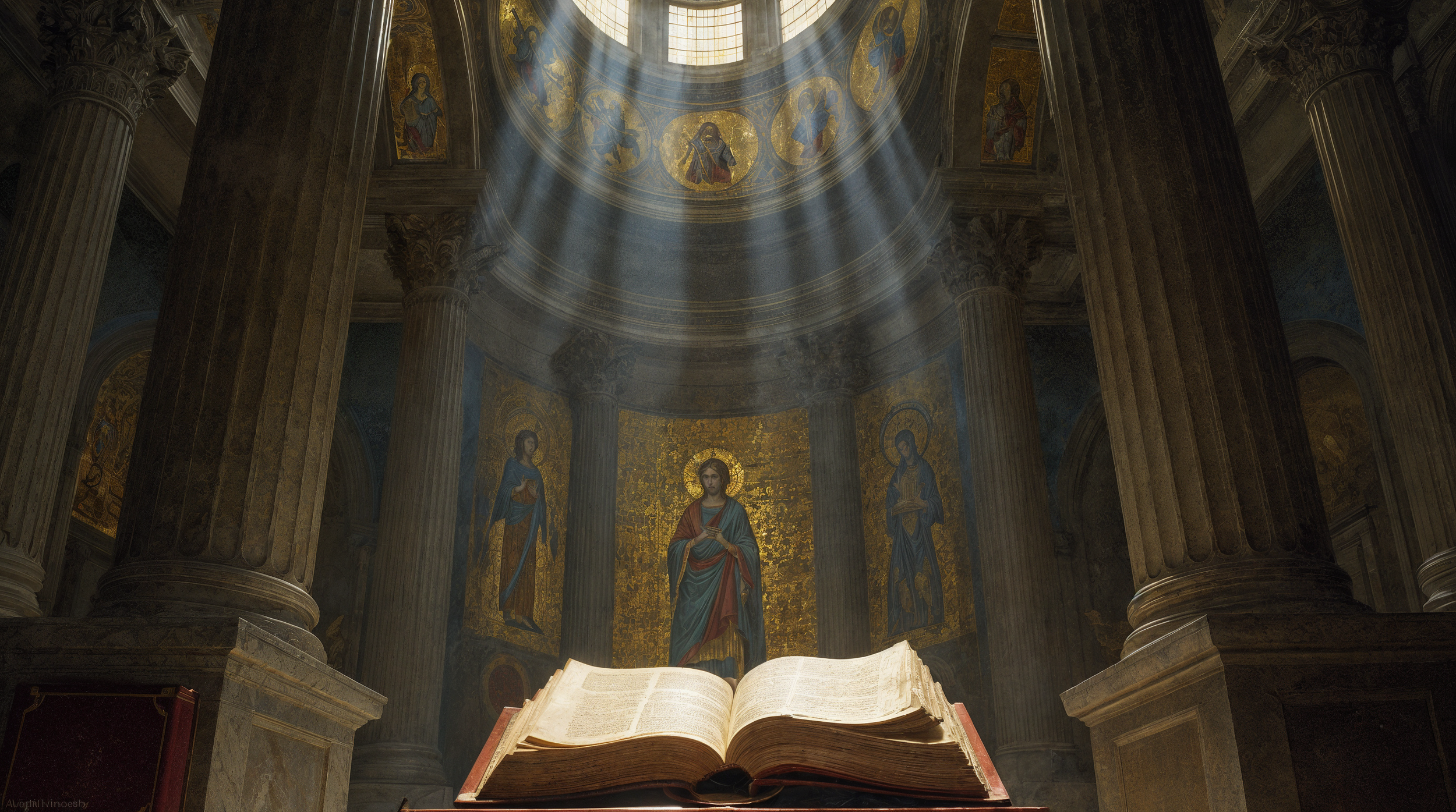Early Church Eschatology
What Did the First Christians Really Believe About the End Times?
A Comprehensive Analysis of Primary Sources (AD 60-430)
Executive Summary
If you've ever wondered whether the pre-tribulation rapture, dispensationalism, or replacement theology were taught by the early church, this comprehensive resource provides surprising answers directly from the primary sources.
Key Discoveries
- Chiliasm (premillennialism) predates amillennialism by centuries
- The phrase "spiritual Israel" is not biblical but was Justin Martyr's innovation (AD 155)
- Early Christians lived "imminent intratribulationism" - expecting Christ while experiencing persecution
- Paul's "one new man" theology adds Gentiles without replacing Israel
- The Hellenization of Christianity led to departure from Jewish roots and literal interpretation
- Constantine's legalization of Christianity (AD 313) fundamentally altered eschatological expectations
- Postmillennialism has NO precedent in the early church - it emerged only in 17th-18th centuries
This resource examines 400 years of early Christian thought, revealing that modern positions like dispensationalism's pre-tribulation rapture and systematic replacement theology lack clear precedent in the early church.
Historical Overview
The evolution of eschatological thought in the early church can be divided into three major periods:
AD 60-250: Chiliasm Dominant
The earliest church fathers, including Papias, Justin Martyr, and Irenaeus, overwhelmingly taught premillennialism (chiliasm). They expected Christ to return and establish a literal thousand-year kingdom on earth.
AD 250-325: Competing Views
Greek philosophical influence through Origen and others introduced allegorical interpretation. The literal millennium began to be questioned, though many still held to traditional chiliasm.
AD 325-430: Amillennialism Rises
After Constantine legalized Christianity, the need for vindication through Christ's earthly kingdom diminished. Augustine's influence made amillennialism the dominant view for the next thousand years.
Explore the Five Main Articles
1. The "Spiritual Israel" Innovation
Discover how Justin Martyr introduced terminology foreign to Paul's theology and why it matters for understanding church/Israel relations today.
2. Living Through Tribulation
Learn how early Christians understood persecution, tribulation, and why they didn't expect to escape it - plus the controversial Ephraem text.
3. From Chiliasm to Amillennialism
Explore the complete timeline of how millennial views evolved from AD 60-430, with key quotes and historical context.
4. Paul's "One New Man" Theology
Understand Paul's actual teaching about Jews, Gentiles, and the Church - and how it differs from later interpretations.
5. Ancient vs Modern Views
Compare what early fathers believed with all four modern positions—including why postmillennialism is completely absent from the early church.
Concluding Reflection
After examining the historical evidence, I offer my personal reflections on what this means for contemporary eschatology and why our context shapes our interpretation more than we realize.
Read: "From Catacombs to Comfort: Why Your Life Shapes Your End Times View" →Supporting Resources
Additional materials to deepen your understanding
🌍 Modern Relevance
How early church views inform contemporary debates about Israel, rapture timing, and millennial positions.
📚 Glossary
Key terms and concepts explained with pronunciation guides and article references.
📜 Primary Sources
Direct links to read the church fathers' actual writings that form the basis of this research.
📋 Quick Reference
One-page printable summary of key discoveries, timeline, and positions.
Start Here - By Audience
👨🏫 For Pastors/Teachers
- Read Article 1: The "Spiritual Israel" Innovation
- Review Modern Relevance for contemporary applications
📚 For Academic Researchers
- Article 3: Complete Timeline with primary sources
- Access Primary Sources for original texts
- Detailed citations throughout all articles
📖 For Lay Readers
- Use the Glossary for unfamiliar terms
- Article 2 on Tribulation is very accessible
💬 For Those in Current Debates
- Article 1: Church/Israel relationship
- Modern Relevance page for all contemporary issues
- Article 5: Comparing ancient and modern views

